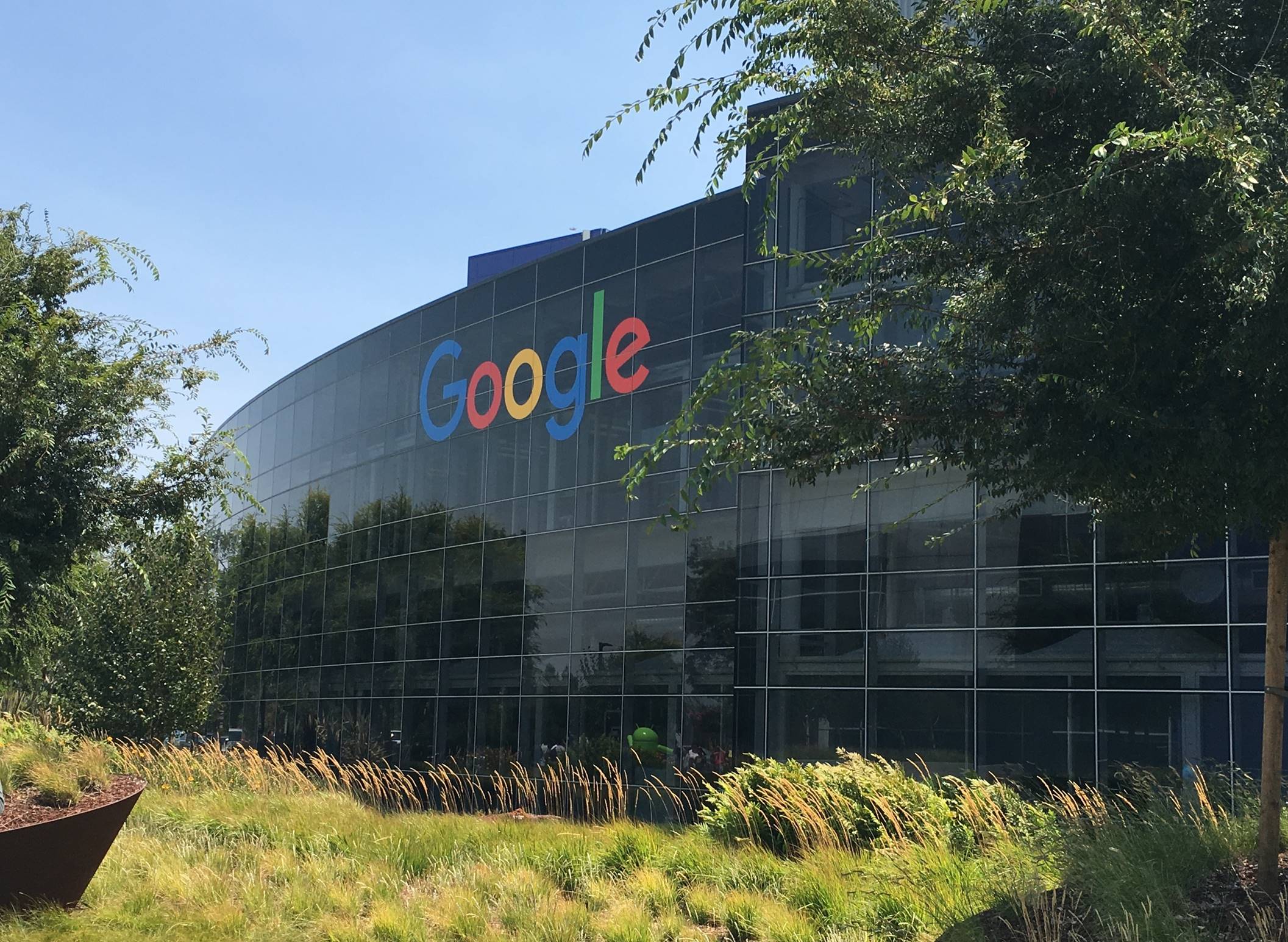Google is banning ads for quack cures after years of profiting from them

After brazenly taking ad money from health-care scammers, Google is finally saying no to ads for unproven stem-cell treatments.
New policy: Google, which pulls in more than $110 billion a year in online ad revenue, said in a statement posted on its advertising pages that under the new policy it will now “prohibit ads selling treatments that have no established biomedical or scientific basis.”
The policy will cover a host of bogus cures for cancer and ALS, as well as treatments that are under study but don’t have enough “formal clinical testing to justify widespread clinical use.” Ads for government-sanctioned clinical trials will be allowed, according to the Washington Post.
Big problem: Ads from stem-cell clinics have been a fixture of Google’s search results for years, funneling desperate patients to a growing industry of doctors who collect blood or other cells from patients, then re-inject them. Testimonials from celebrity NFL players and others have helped spread the quackery to sports medicine and orthopedics centers.
The treatments have little evidence to support their use and can be hazardous. Several people have ended up blinded or developed bizarre tumors. In China, the search giant Baidu was rocked after a 21-year-old college student died from a treatment he learned about in a promoted search result.
Growing embarrassment: Google’s advertising of sham medicine became a bigger liability in 2015 after the company launched Calico, a company seeking remedies for aging, and a health research subsidiary called Verily.
“We know that important medical discoveries often start as unproven ideas,” Google said in its statement today. “At the same time, we have seen a rise in bad actors attempting to take advantage of individuals by offering untested, deceptive treatments.”
Hype problem: Stem cells have been touted as the cure for just about anything, and some medical clinics claim the procedures are also exempt from regulation if they involve a person’s own cells, such as fat, blood concentrates, or bone marrow.
The US Food and Drug Administration has sometimes pursued the clinics, though, winning a case this summer against a Florida stem-cell company, US Stem Cell, and issuing a broad warning to consumers earlier this week.
Experts intervened: According to the International Society for Stem Cell Research, a body representing academic scientists, it helped draw Google’s attention to the role of ads in harming patients. In early 2019, executives from the internet giant were invited to presentations about the problems caused by the clinics as part of the National Academy of Sciences’ Forum on Regenerative Medicine.
“Google’s new policy banning advertising for speculative medicines is a much-needed and welcome step to curb the marketing of unscrupulous medical products,” the president of the society, Deepak Srivastava, said in a statement. “While stem cells have great potential to help us understand and treat a wide range of diseases, most stem cell interventions remain experimental and should only be offered to patients through well-regulated clinical trials.”
Ads still visible: The Washington Post, which first reported the new ad policy, says it will go into effect in October. A Google search today from Cambridge, Massachusetts, still returned numerous advertisements, such as one for the Boston Stem Cell Center, which sells a variety of treatments involving a person’s own cells.
Google as regulator? Andrew Ittleman, a Miami lawyer who works for stem-cell clinics, told the Post that the ad ban could penalize “good” companies trying to follow regulations, as well as bad actors. Ittleman said some clinics had already been banned by Google starting two years ago.
“It puts Google in the position of being a quasi regulator, taking on quite a significant amount of jurisdiction,” he told the Post. “They’re painting the industry with a broad brush.”
Deep Dive
Biotechnology and health
How scientists traced a mysterious covid case back to six toilets
When wastewater surveillance turns into a hunt for a single infected individual, the ethics get tricky.
An AI-driven “factory of drugs” claims to have hit a big milestone
Insilico is part of a wave of companies betting on AI as the "next amazing revolution" in biology
The quest to legitimize longevity medicine
Longevity clinics offer a mix of services that largely cater to the wealthy. Now there’s a push to establish their work as a credible medical field.
There is a new most expensive drug in the world. Price tag: $4.25 million
But will the latest gene therapy suffer the curse of the costliest drug?
Stay connected
Get the latest updates from
MIT Technology Review
Discover special offers, top stories, upcoming events, and more.